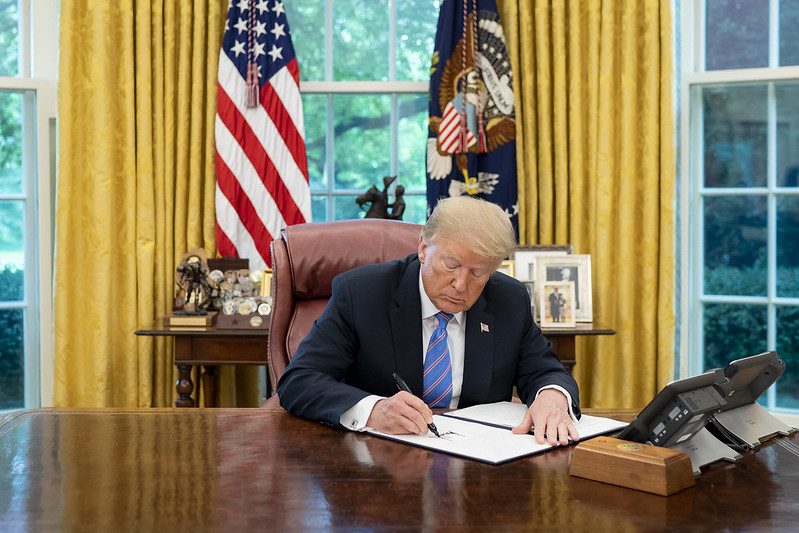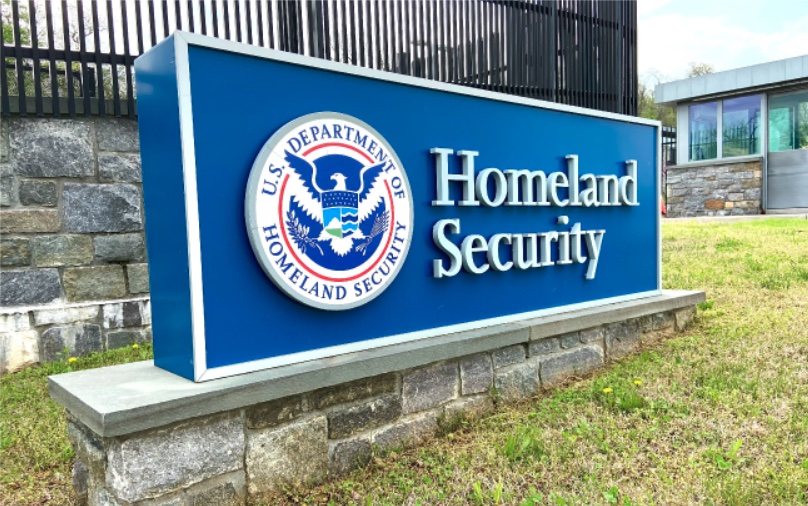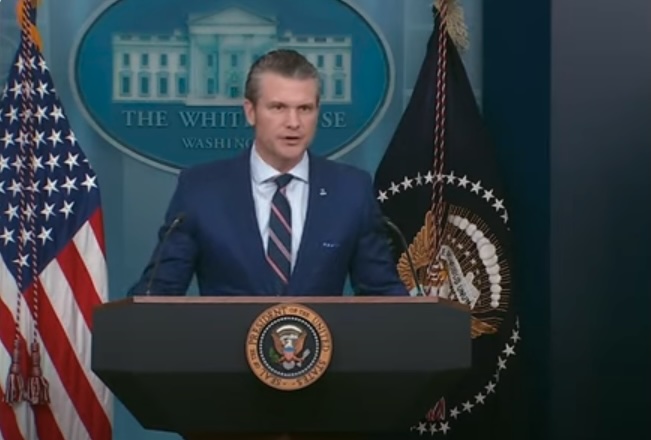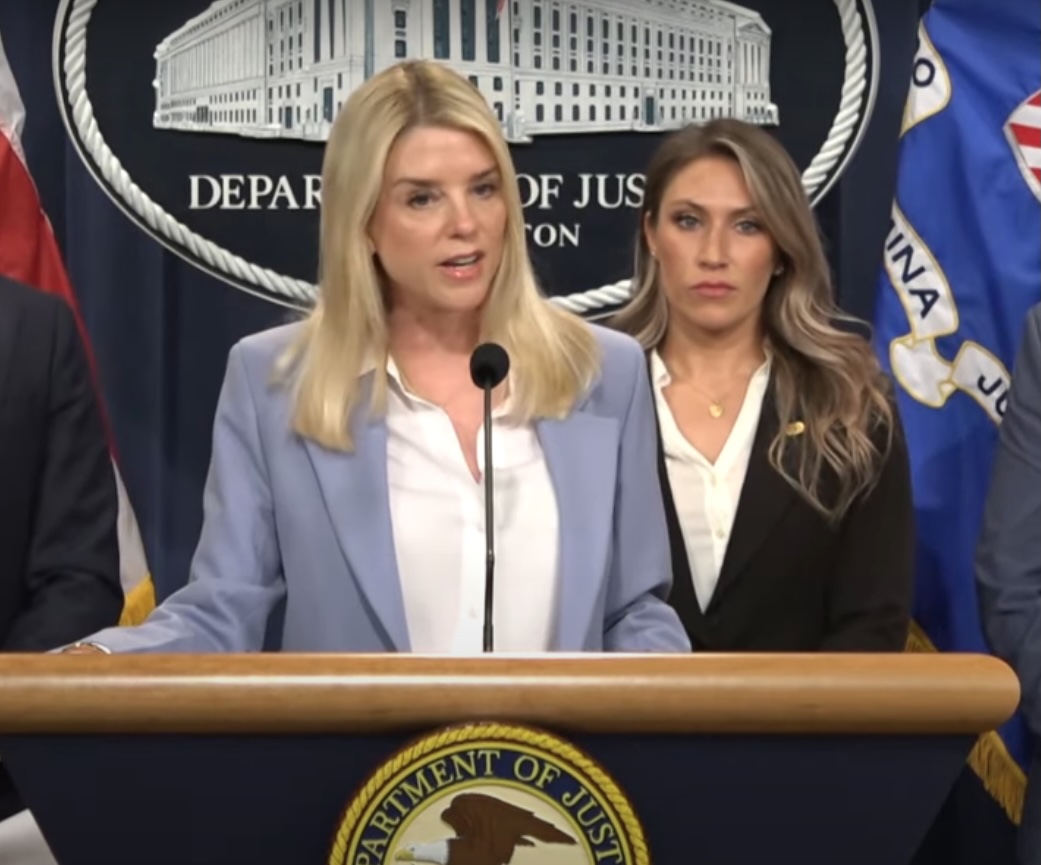Union negotiators say compensation proposals do not reflect the cost of living.
A strike of more than 75,000 healthcare workers with the Coalition of Kaiser Permanente Unions began Wednesday morning, the largest strike to affect healthcare in the nation’s history. Eight separate unions represented by the coalition, which includes about 40 percent of Kaiser Permanente’s total staff, have walked out due to wage negotiations and staff shortages.
Staff for the care of patients, including EMTs, nurses, and radiological and lab technicians, are striking for three days at facilities in California, Oregon, Washington, and Colorado. Pharmacists and optometrists in Washington, D.C., and Virginia are also striking.
Management and the union have been unable to agree to pay raises for all union members as well as improved benefits and protections from outsourcing. The coalition so far has rejected every management proposal, saying they do not keep up with increased costs of living.
Kaiser released a statement Tuesday evening that said, “Our team is available 24/7 to continue bargaining with the coalition until we reach a fair and equitable agreement.” The coalition said patients should expect delays in non-emergency care and many procedures will have to be rescheduled.
As the Lord Leads, Pray with Us…
- For Acting Labor Secretary Julie Su as she provides input to union leaders as workers strike.
- For the president and his administration as they support organized labor.
- For healthcare workers as they seek compensation that stays abreast of the cost of living.
Sources: Washington Examiner, Wall Street Journal, CNN










